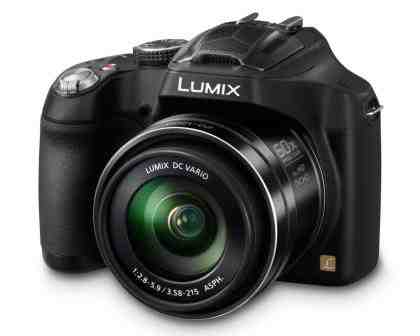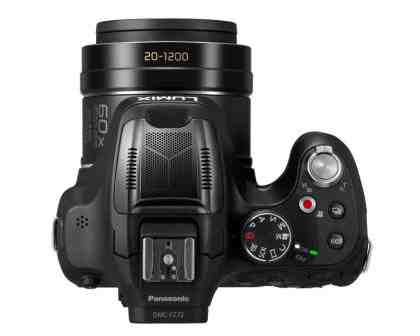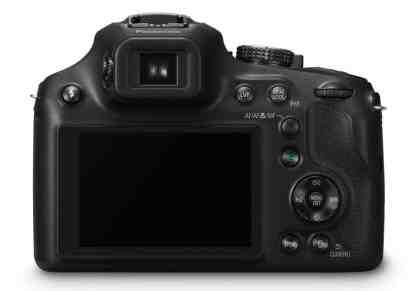Panasonic Lumix DMC-FZ72 review
The FZ72 sits below the flagship FZ200 in Panasonic's ultra-zoom range, but unlike previous generations, it's not simply a cut-price alternative. For one thing, it's only slightly cheaper, although it'll probably come down a little from its £370 launch price. The biggest difference is the lens. The FZ200 pairs a relatively modest 24x zoom with a bright f/2.8 aperture throughout the zoom range. The FZ72 goes all out with a record-breaking 60x zoom, but – in keeping with virtually all other cameras – its aperture becomes increasingly small as it zooms in.

The 1200mm (equivalent) maximum focal length is matched by the Canon SX50 HS but the 20mm (equivalent) wide-angle setting is the widest we've seen. This is great for photographing buildings and landscapes, although it requires a certain amount of creative discipline – perspective looks quite odd and subjects can get lost in the frame. You can always just zoom in, of course.

It's a little bulkier than most ultra-zoom cameras but at 606g it's not excessively heavy. The large handgrip makes it feel secure and comfortable, but the lack of an articulated screen restricts how it can be held. The electronic viewfinder (EVF) is another slight disappointment. It's a decent size but the low 202,000-dot resolution looks coarse. We also found it a pain having to switch between the screen and EVF – an eye-level sensor to perform this automatically would be preferable.
There's no shortage of controls, with dedicated buttons for burst mode, focus area, ISO speed, white balance and AF/MF/macro. We assigned the customisable Fn button to access the face detection, tracking, multi and spot focus options. The quick-access Q.Menu covers other key functions and is quick to navigate. The main menu is well laid out and responded quickly to our input, but we struggled to get used to having to press the right rather than the centre button to select a function. Pressing the centre button exited the menu.

This is a fast camera, capturing a photo every 0.6 seconds and with a 9fps continuous mode. However, it's let down by a small buffer. The 9fps mode only lasted for three frames before stopping. The 4.4fps mode with updating autofocus is probably more useful, but this slowed to 1.5fps after just three frames. Raw mode made continuous shooting impractical. In single drive mode it slowed the camera to a shot every two seconds.
The video mode is well specified, with 30-minute clips at 1080p and full control over exposure settings for those who want it. Details could be sharper but picture quality held together remarkably well in low light. However, we struggled to capture usable handheld shots at the full zoom extension. Even when resting our elbows on a window ledge for support, the camera's optical stabilisation wasn't able to iron out shakes, resulting in jerky movement and a wobbly rolling shutter effect. Admittedly, video stabilisation at a 1200mm (equivalent) focal length is a big technical challenge, but the Canon SX50 HS managed it.
Video quality is up to scratch but the stabilisation struggles at the full zoom extension (click-through to YouTube and select 1080p to view at best quality)
Next page for image quality shots ...
